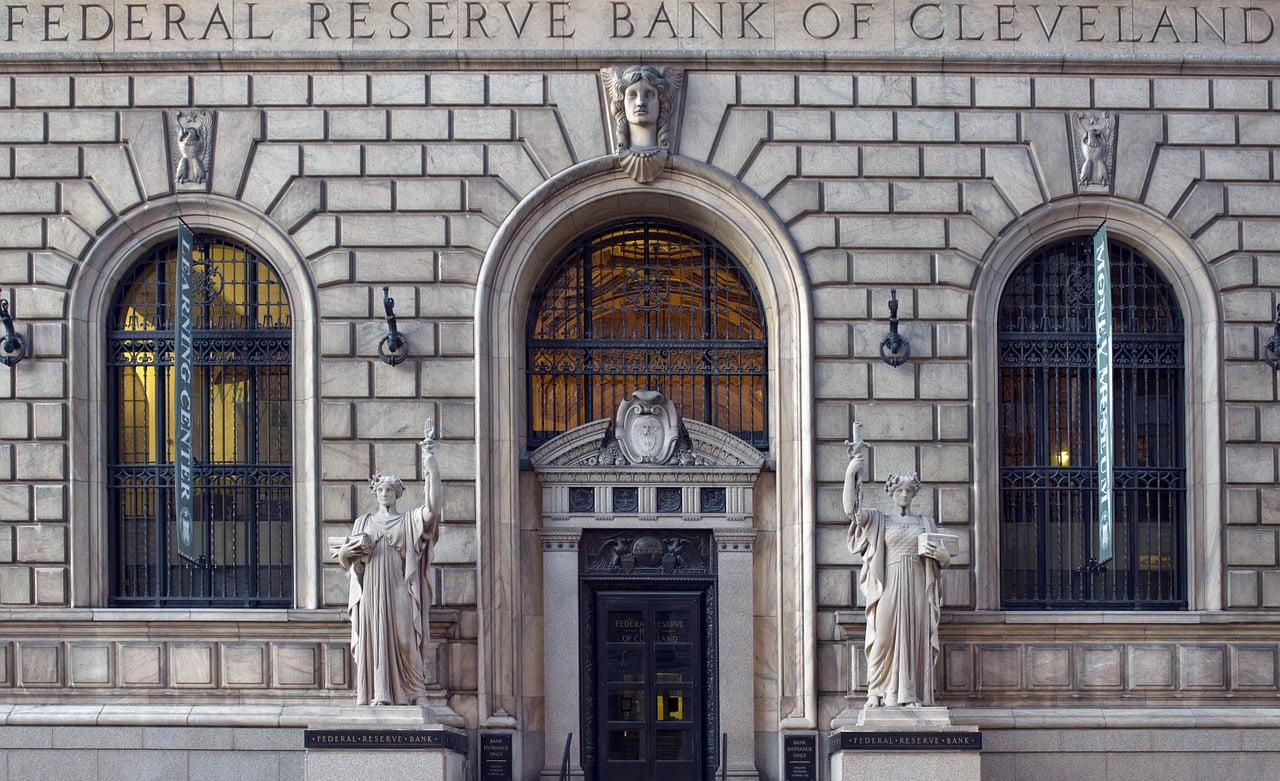In his podcast addressing the markets today, Louis Navellier offered the following commentary.
If you wish to listen to this commentary, please click here.
Dangerous Speculations
Treasury yields have slipped this week and there are widespread rumors that the Fed will be done hiking key interest rates after its November FOMC meeting and that there is a possibility that the Fed may only hike key interest rates 0.5%. Speculating that the Fed will diverge from its guidance is dangerous.
Q2 2022 hedge fund letters, conferences and more
My favorite economist, Ed Yardeni, on his Monday video conference with clients said that he thinks the Fed should finish hiking key interest rates at its November Federal Open Market Committee (FOMC) meeting, which is running counter to the Fed’s guidance.
Yardeni also cited a strong U.S. dollar as another reason the Fed should stop raising key interest rates after its November FOMC meeting.
Ed Yardeni is qualified to be Fed Chairman and his advice is important, but I am not sure that Fed Chairman Jerome Powell respects Yardeni as much as I do. The Fed is notorious for overshooting, so it will be interesting if the Fed tightens too much or listens to wise advice from Yardeni and other respected economists.
Ignoring The United Nations
The United Nations (UN) this week called on central banks to halt their interest rate increases since they risk pushing the global economy into a recession. In its annual report on the global economic outlook, the United Nations Conference on Trade and Development said the Fed risks causing significant harm to developing countries if it persists with rapid rate rises.
The agency estimated that a percentage point rise in the Fed’s key interest rate lowers economic output in other rich countries by 0.5%, and economic output in poor countries by 0.8% over the subsequent three years.
This UN call for the Fed and other central banks to stop raising key interest rates is unprecented and did not discuss how inflation hurts lower-income people the hardest. As a result, I think the Fed and other central banks will ignore the UN since they all have inflation mandates that they must comply with.
Speaking of inflation, I am expecting big energy bets to pay off handsomely in the upcoming months.
OPEC is scheduled to meet on Wednesday where it will discuss more production cuts, so crude oil prices are up sharply this week in anticipation of these cuts. Furthermore, the Biden Administration’s manipulation of the crude oil market is anticipated to end soon, since the release of 1 million barrels per day from the Strategic Petroleum Reserve (SPR) is expected to end sometime after the midterm elections.
The primary reason that the prices at the pump moderated in recent months is that the Biden Administration was purposely manipulating crude oil prices by releasing reserves from the SPR. I am sure that after the midterm elections, the Biden Administration will have to start refilling the SPR since it is now at the lowest level in approximately four decades.
Rattled U.S. Allies
The Inflation Reduction Act that provided generous electric vehicle (EV) incentives for vehicles with U.S. sourced lithium batteries has irritated the European Union (EU), Japan and South Korea, who are all now acknowledging that the EV incentives violate World Trade Organization (WTO) rules.
Specifically, the new $7,500 EV tax credit passed in the Inflation Reduction Act require that EVs to have at least 40% of their critical minerals for batteries sourced in the U.S., or countries that have free-trade agreements with the U.S. starting in 2023.
Then the U.S. sourced battery threshold is set to rise to 80% by 2026. Since the Inflation Reduction Act has rattled U.S. allies, it may actually interfere with the cooperation needed to onshore U.S. battery production.
Furthermore, due to the complications mining lithium in the U.S., like California’s new lithium mining tax and environmental opposition to Nevada mining lithium due to a rare desert flower, opening new domestic lithium mines could be delayed for years. As a result, I am highly skeptical that the U.S. will be able to reach the 80% U.S. sourced battery threshold by 2026.
Coffee Beans
According to initial estimates, Hurricane Ian could be the second most expensive storm in terms of insured monetary losses in U.S. history. Katrina was the costliest hurricane to ever hit the U.S., with total economic losses as high as $170 billion (adjusted for inflation). Source: Statista. See the full story here.






